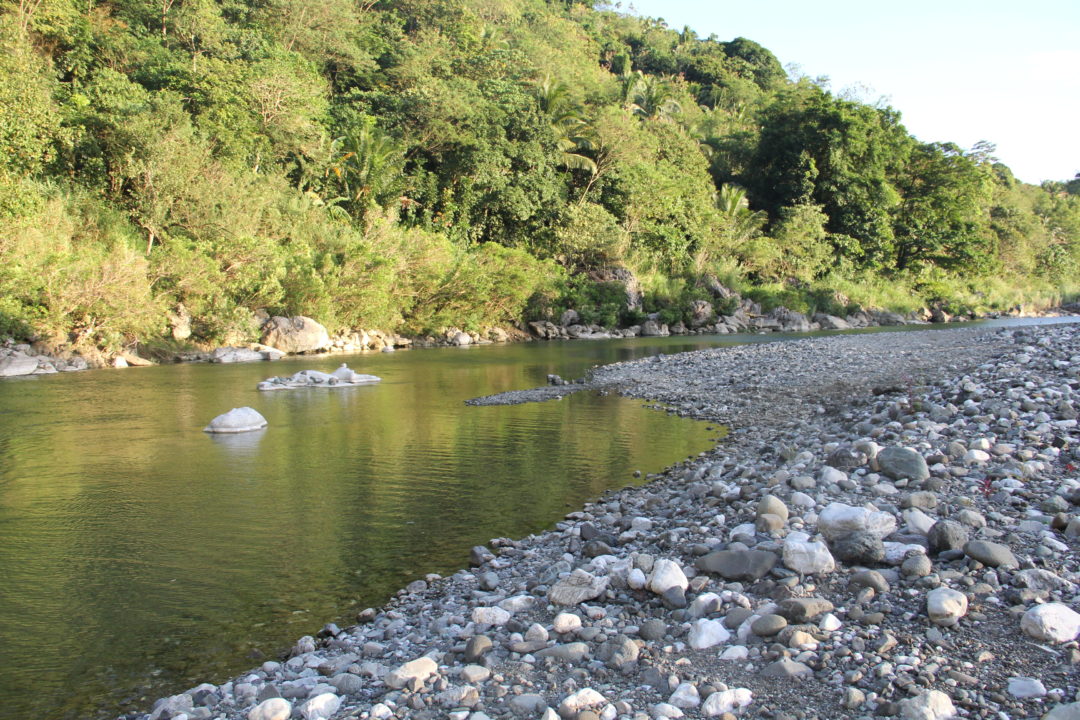“It is infinitely well worth the mother’s while to take some pains every day to secure, in the first place, that her children spend hours daily amongst rural and natural objects; and, in the second place, to infuse them, or rather, to cherish in them, the love of investigation…”
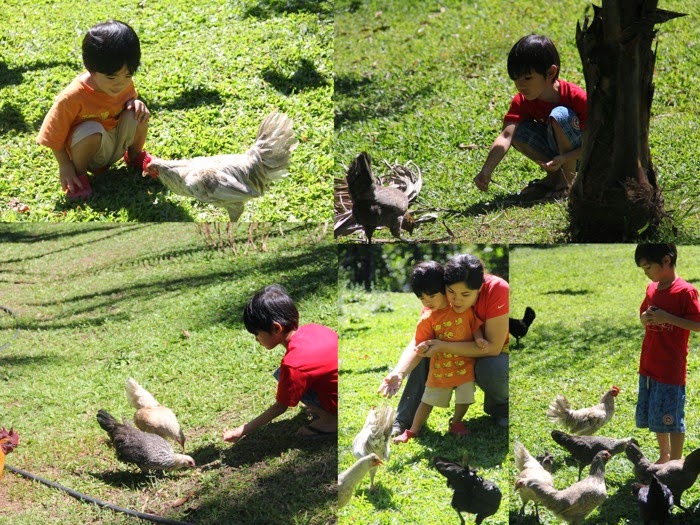
“The child who learns his science from a textbook, though he goes to Nature for illustrations, and he who gets his information from object lessons, has no chance of forming relations with things as they are.”
“Let them once get in touch with nature and a habit is formed which will be a source of delight and habit through life…”
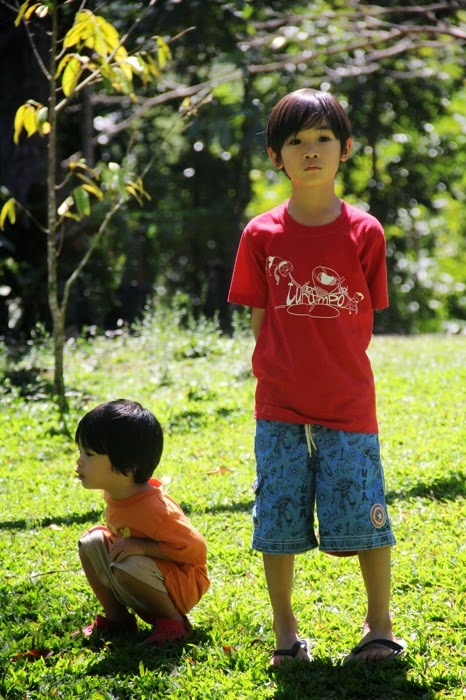
“Do children keep tadpoles, and silkworms, and caterpillars in these days? Very few have given us the results of their own observations. We have many capital descriptions from books, and that is better than nothing, but the very essence of natural history is that it should, so far as possible, be drawn direct from Nature.
Children should be encouraged to watch, patiently and quietly, until they learn something of the habits and history of bee, ant, wasp, spider, hairy caterpillar, dragon-fly, and whatever of larger growth comes in their way.”
“The miserable thing about the childish recollection of most persons is that they are blurred, distorted… and the reason is not that the old scenes are forgotten but that they were not fully seen.”
“An observant child should be put in the way of things worth observing.”
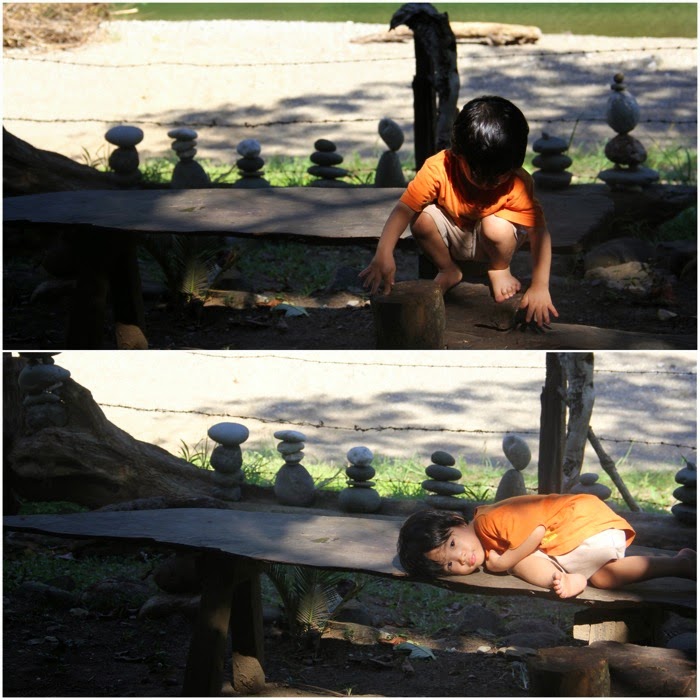
“The Sense of Beauty comes from early contact with Nature. Let them once get in touch with nature and a habit is formed which will be a source of delight and habit through life.”
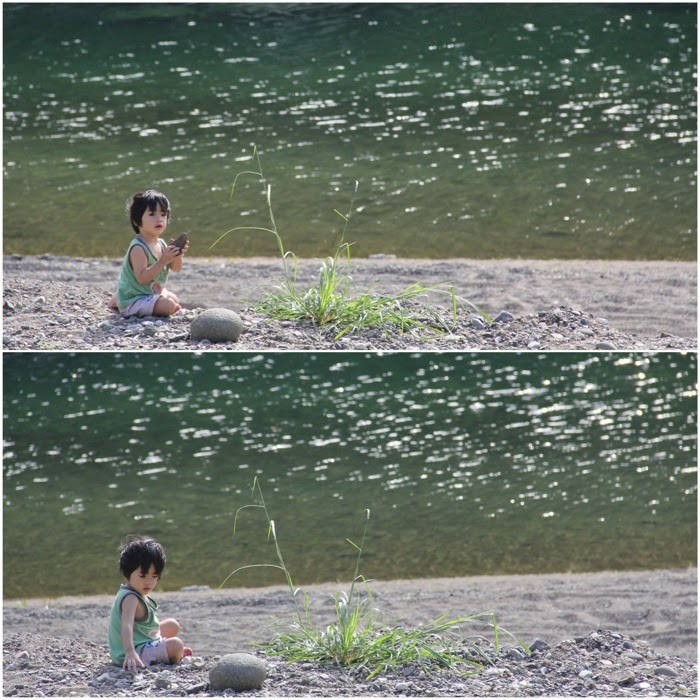
“They must be let alone, left to themselves a great deal, to take in what they can of the beauty of earth and heavens.”

“He must be accustomed to ask “why?” — Why does the wind blow? Why does the river flow? Why is the leaf bud sticky?”
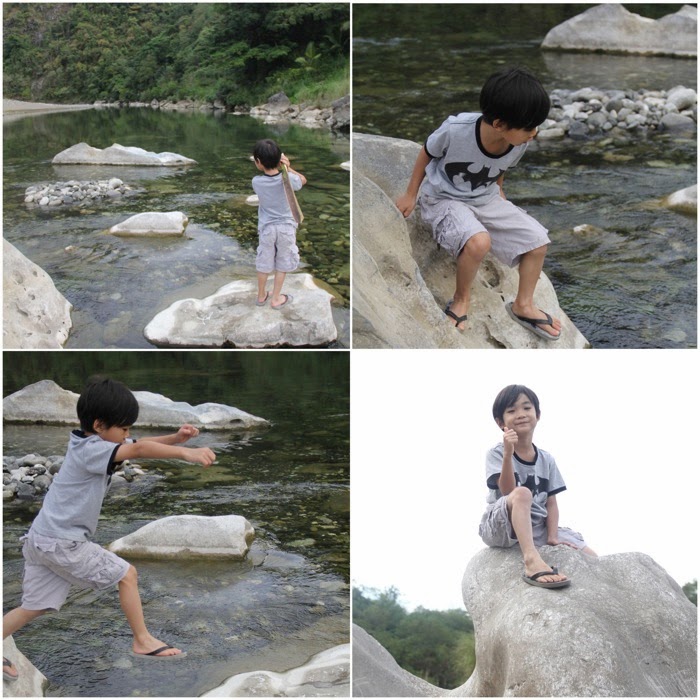
“By-and-by he passes from acquaintance, the pleasant recognition of friendly faces, to knowledge we call science.”
“We are all meant to be naturalists, each in his own degree, and it is inexcusable to live in a world so full of the marvels of plant and animal life and to care for none of these things.”
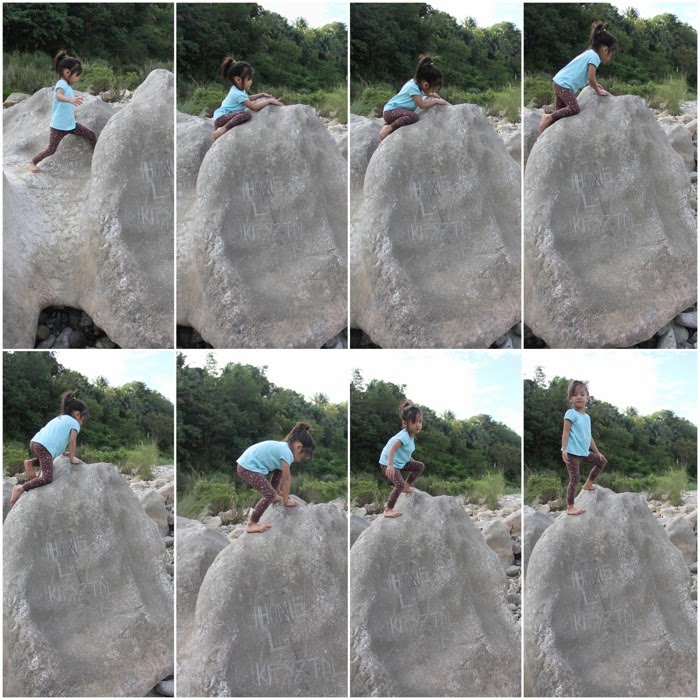
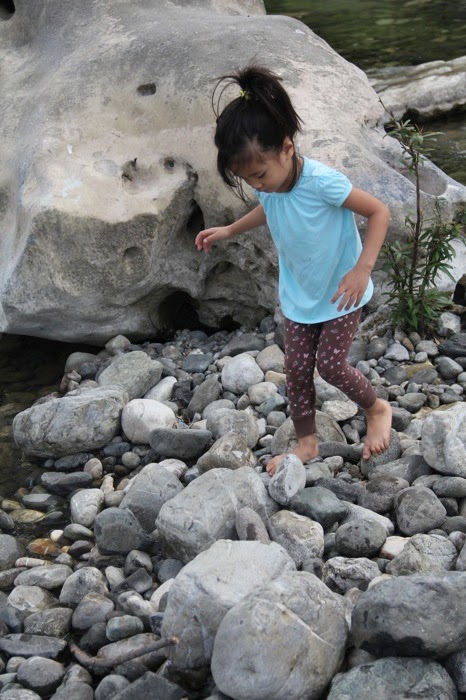
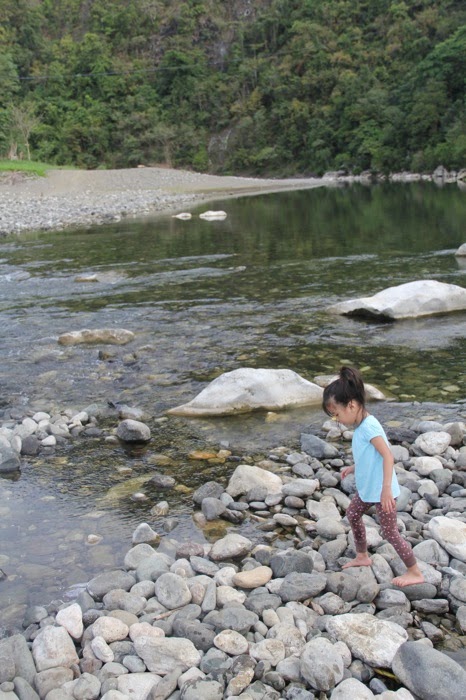
“Every child has a natural interest in the living things about him which is the business of his parents to encourage.”
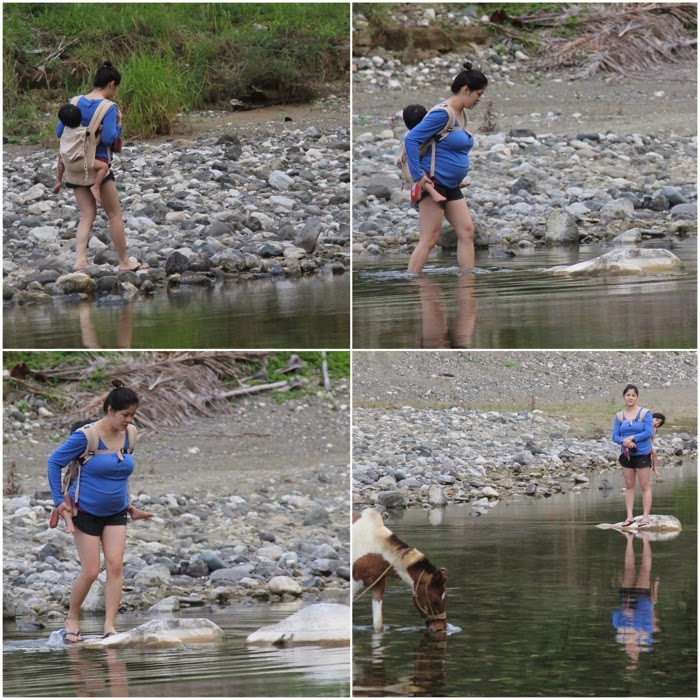
“All this is stale knowledge to older people, but one of the secrets of the educator is to present nothing as stale knowledge, but to put himself in the position of the child, and wonder and admire with him; for every common miracle which the child sees with his own eyes makes of him for the moment another Newton.”
“In this time of extraordinary pressure, educational and social, perhaps a mothers first duty to her children is to secure for them a quiet and growing time, a full six years of passive receptive life, the waking part of it for the most part spent out in the fresh air.”
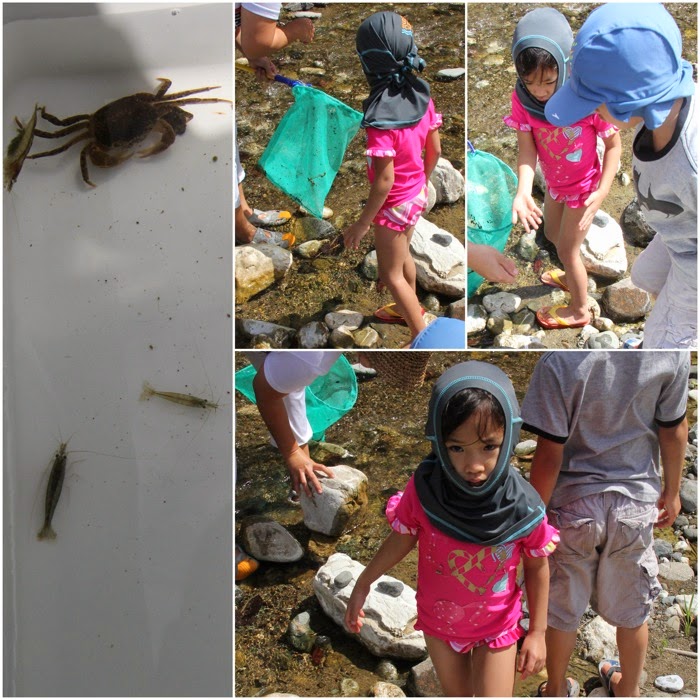
“…when children are old enough that science itself is in a sense sacred, and demands some sacrifice, all the common information they have been gathering until then, and the habits of observation they have acquired, will form an excellent ground work for a scientific education.
In the meantime, let them consider the lilies of the field and fowls of the air.”

